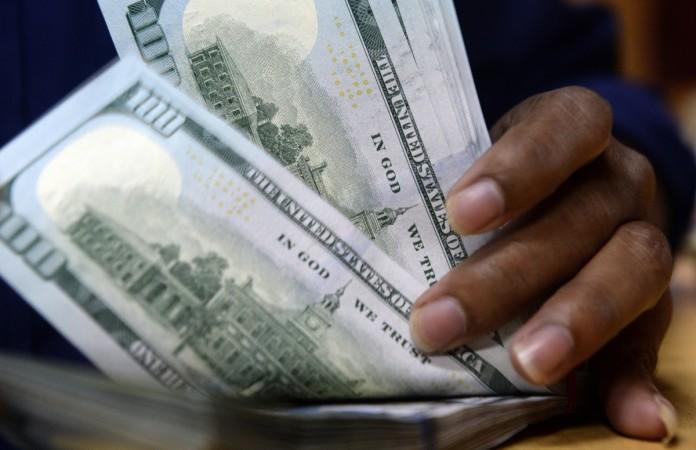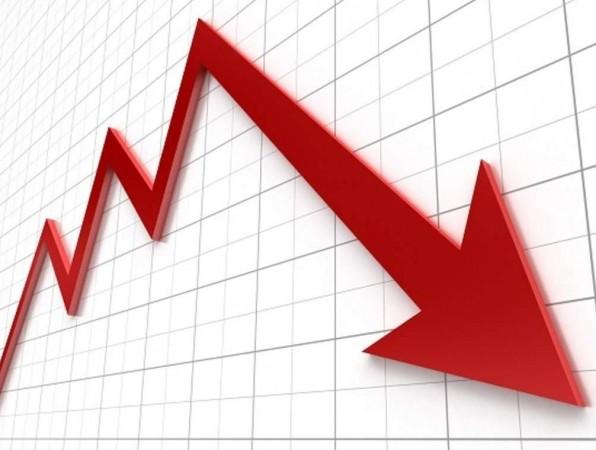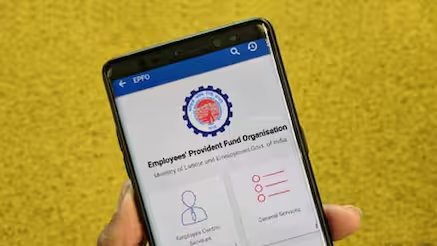 04 October 2024: ITC Mangaldeep, one of India’s leading incense brands, has announced its collaboration with Pushpa 2: The Rule as the official devotional partner for the upcoming film which features popular Telugu actor Allu Arjun. To celebrate this partnership, ITC Mangaldeep has launched a co-branded limited edition Mangaldeep Scent 3 in 1 Agarbatti pack, which will be available starting September 2024.
04 October 2024: ITC Mangaldeep, one of India’s leading incense brands, has announced its collaboration with Pushpa 2: The Rule as the official devotional partner for the upcoming film which features popular Telugu actor Allu Arjun. To celebrate this partnership, ITC Mangaldeep has launched a co-branded limited edition Mangaldeep Scent 3 in 1 Agarbatti pack, which will be available starting September 2024.
This partnership celebrates Mangaldeep’s commitment to connecting people with their spirituality while blending the cultural relevance of one of India’s most admired film franchises. With Pushpa 2 set to make waves in Indian cinema, the association with Mangaldeep aligns with the brand’s ethos of supporting devotion, culture, and tradition.
Commenting on the partnership, Mr. Gaurav Tayal, Chief Executive, Matches & Agarbatti Business Division, ITC Ltd., said, “We’re excited to team up with ‘Pushpa 2 as their official devotional partner. This collaboration blends the timeless tradition of Mangaldeep with the exciting world of modern cinema. Our limited-edition Scent 3 in 1 Agarbatti pack, featuring Allu Arjun, is made to appeal to both devotees and movie fans. Through this partnership, we hope to create a unique experience that enriches our customer’s spiritual journey and celebrates the lively spirit of Indian entertainment.
Speaking about the launch Mr. Cherry, CEO of Mythri Movie Makers added, “ We are happy to collaborate with ITC Mangaldeep as the official devotional partner for Pushpa 2: The Rule. This collaboration merges the essence of our film with the rich tradition of Mangaldeep’s legacy, creating a unique experience that will resonate with audiences on a spiritual and cinematic level.”
The limited-edition pack featuring actor Allu Arjun is designed to evoke a sense of devotion while paying tribute to the essence of the film. With a blend of premium fragrances, the agarbattis aims to elevate everyday prayers and spiritual rituals. The pack features an exclusive image of Allu Arjun as Pushpa making it must have for both fans and devotees alike. The pack will first be launched in the South Indian market, followed by its expansion to other pan-Indian markets through e-commerce channels.
Mansi Praharaj
 Bengaluru, 04th October 2024: Sugar.fit, a health-tech startup dedicated to managing and reversing Type 2 and Pre-diabetes announced the onboarding of the legendary cricketer, Sachin Tendulkar as its brand ambassador and strategic investor. Through a holistic, science-backed, and data-driven digital health experience, Sugar.fit has revolutionized diabetes care treatment with its first-of-its-kind evidence backed treatment options. This strategic partnership with Sachin Tendulkar will aid Sugar.fit in in its journey as a groundbreaking force in the battle against Type 2 diabetes.
Bengaluru, 04th October 2024: Sugar.fit, a health-tech startup dedicated to managing and reversing Type 2 and Pre-diabetes announced the onboarding of the legendary cricketer, Sachin Tendulkar as its brand ambassador and strategic investor. Through a holistic, science-backed, and data-driven digital health experience, Sugar.fit has revolutionized diabetes care treatment with its first-of-its-kind evidence backed treatment options. This strategic partnership with Sachin Tendulkar will aid Sugar.fit in in its journey as a groundbreaking force in the battle against Type 2 diabetes.









